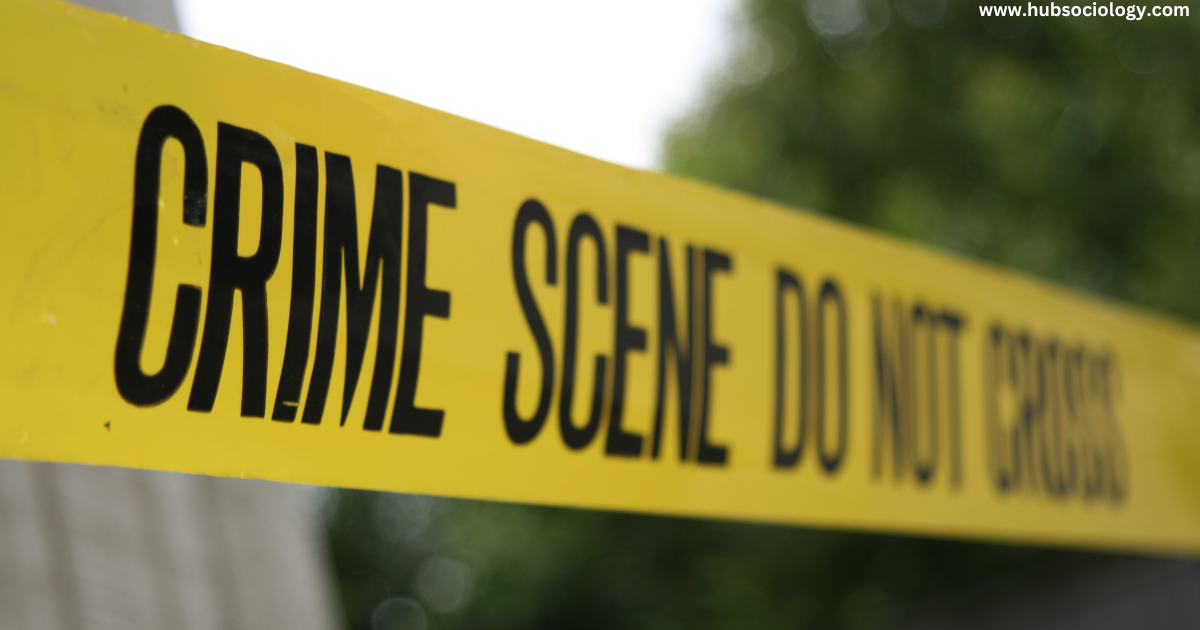The Chicago School on Rejecting Individualism in Criminology
The Chicago School of sociology, emerging in the early 20th century at the University of Chicago, revolutionized the study of crime and deviance by shifting the focus from individual pathology to the social environment. This school of thought rejected the dominant individualistic explanations of crime, which attributed criminal behavior to inherent biological or psychological traits, … Read more


